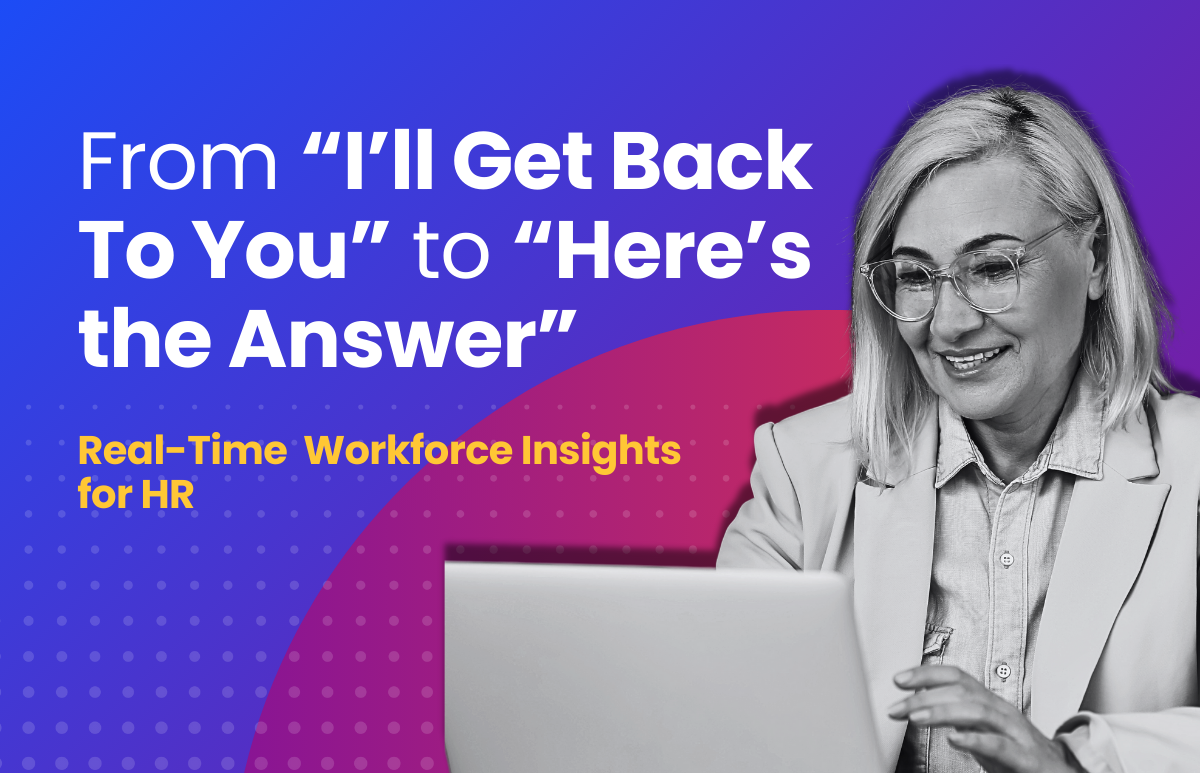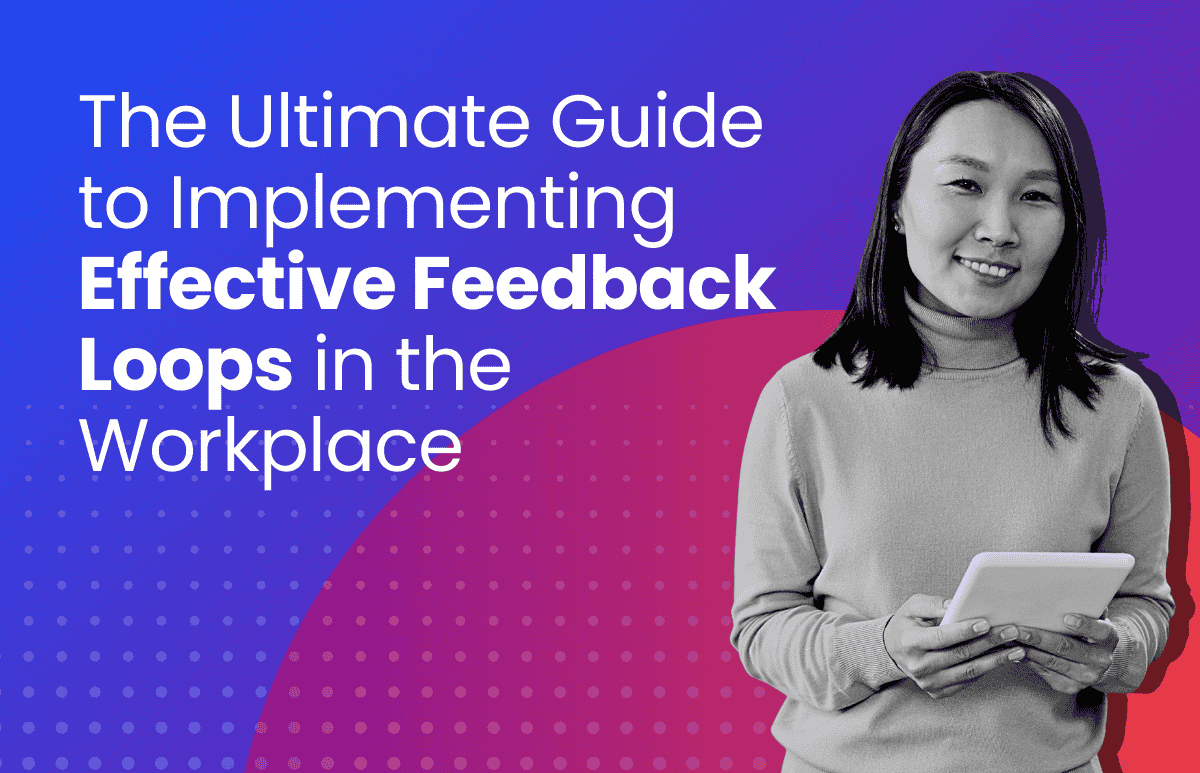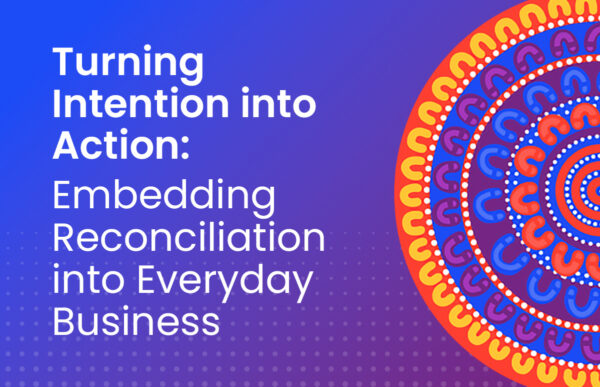Why Your Business Needs An HR Manager
No one’s long-held dream of starting a business involved spending most of their time bogged down in the admin-heavy tasks that come with running one.

But in reality, the more successful a business becomes, the more people it must hire, and the more its HR demands increase.
It’s often the case that leaders of small & medium businesses (SMBs) must wear many hats due to limited people resources. Recruitment process, managing leave, payroll and compliance are just some areas of business that SMBs must keep on top of, regardless of their growth stage. At some point in a company’s growth journey, it will become difficult to manage people and payroll-related matters without the help of a dedicated HR team member.
After all, there are more things to consider beyond the basic HR tasks of managing leave, compliance, managing policies and payroll. There are also priorities like culture, learning & development, performance management, and employee engagement to think about – all elements of HR that have a significant bearing on business performance.
In this blog post, we outline some key reasons you may need a dedicated HR manager.
- You’re growing
COVID-19 saw many organisations hit pause on their recruitment efforts, which in many cases meant having to do more with less. Fortunately, many SMBs can now begin hiring again, with ELMO’s 2021 HR Industry Benchmark Report revealing an average planned headcount growth of 21% for SMBs over the next year.
Growth is without a doubt a good thing. But increased business operations mean more people are required to run them, and finding skilled employees takes time. In fact, ELMO’s research[1] found it takes an average of 33.4 days to fill a vacant position, and that 25% of HR professionals cited manual or inefficient recruitment process as a key organisational challenge.
Having an in-house specialist dedicated to talent acquisition frees up your time to focus on business operations. Your in-house talent specialist can choose a suitable technology vendor to help streamline and speed up recruitment efforts – an important priority when we consider that 57% of Australian HR managers have lost a qualified candidate to another opportunity due to a lengthy hiring process – a figure that jumps to 67% in large organisations.[2]
- It keeps you out of trouble
When you imagined becoming a small business owner, it’s unlikely you imagined it would consist of monitoring ever-changing workplace compliance laws. But failing to stay on top of compliance issues is a costly mistake – particularly when it comes to payroll.
Interpreting Enterprise Agreements & Modern Awards (in the case of Australia) and navigating industry-specific obligations outlined in Employment Agreements and Collective Agreements (in New Zealand), along with government reporting requirements for tax and superannuation / KiwiSaver purposes are just a few critical areas that HR and businesses must be across, in addition to compliance with minimum wage rates, record-keeping obligations and the issuing of payslips. It’s not surprising our latest research found 81% of SMBs said managing compliance was a priority.[1]
Recruiting a HR professional can help you stay on top of an ever-changing regulatory landscape. They can liaise directly with experts in the field (employment lawyers, etc.) and also select a HR technology partner for your business to help streamline payroll tasks – meaning you need no longer worry about burdensome, error-prone processes.
- It ensures L&D opportunities remain a priority
In smaller organisations with limited budgets and resources, learning & development initiatives can often be de-prioritised. But L&D is essential for business growth and can help carry your business towards its goals – making it more competitive. What’s more, L&D opportunities are a key draw card for many employees, helping to boost job satisfaction, employee commitment levels and advocacy.
Appointing a HR manager will help your business to have an ‘always on’ approach to L&D; to constantly monitor for skills gaps and identify training needs. With smaller businesses, a concern may be that time spent away from day-to-day job roles in training sessions will decrease productivity levels, but this needn’t be an issue. As the world of L&D moves away from predominantly instructor-led training to a more blended approach that includes eLearning and technology-driven learning tools, businesses are able to reduce learning times – meaning fewer employees away from their day-to-day activities. A HR manager can help identify these eLearning technology tools and the most efficient means of L&D delivery for your organisation.
- It increases employee engagement and satisfaction
When your hands are full keeping on top of those day-to-day HR obligations, employee engagement can slip down the priority list. And while this mistake might be understandable for businesses just trying to get by, it’s one to be avoided. Ignoring employee engagement can hurt morale, cost you high-performing employees and ultimately harm your bottom line.
Meanwhile, a HR manager can help to support employee engagement initiatives and employee wellness programs – the latter becoming increasingly important after the tumultuous events of COVID-19. In fact, 84% of SMBs said employee wellness was a high priority over the next 12 months.[1]
Employee engagement initiatives that take the pulse of your organisation’s people – via surveys and technology channels that facilitate greater communication between employees – are just a few simple initiatives small businesses can roll out to ensure their people feel their voices are being heard. A HR partner can help you facilitate these initiatives, so that becomes one less thing for you to worry about.
Keen to learn more about how technology can help your growing organisation? Download ELMO’s Ultimate to HR Software for Small & Medium Businesses (SMBs).
ELMO Software offers people, process and pay solutions in an all-in-one cloud-based platform. This includes recruitment, learning, performance management, payroll, expenses, and more. ELMO has helped thousands of organisations across Australia, New Zealand and the UK better manage, engage and inspire their people. For further information, contact us.
[1] ELMO 2021 HR Industry Benchmark Report
[2] Robert Half, Slow hiring processes cause Australian organisations to lose top candidates, 2016
 HR Core
HR Core 









